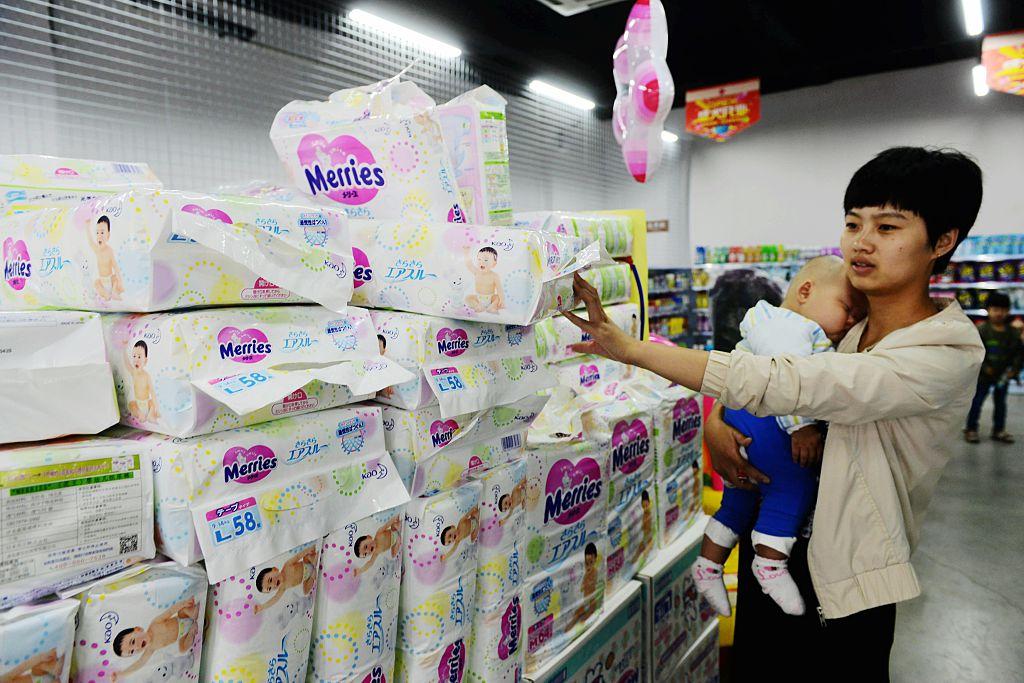While Japan is the go-to bogeyman in Chinese propaganda, the average consumer couldn’t care less where their products come from, so long they work better and more safely than locally-made goods.
But perhaps sensing some contradiction between ultranationalist sentiment and practical needs, some have made a fuss about Chinese parents getting their baby diapers from a Japanese producer and specifically from that producer’s Japanese factories.
Last November, Chinese actress Hai Qing proclaimed that she would never endorse a Japanese company, since her hometown, the city of Nanjing, was the site of a brutal World War II massacre in which the Imperial Japanese is estimated to have slaughtered hundreds of thousands and to have raped tens of thousands.
The company she was referring to was Kao, a company whose Japanese-made diapers are in such high demand that they have become a popular smuggling item. The state-run Qianjiang Evening News reported that in 2013, authorities in the port city of Ningbo discovered 35 million yuan (about US$5.3 million) worth of Kao diapers, called “Merries.”
When Kao invested 1 billion yuan (US$150 million) to construct a diaper factory in Anhui Province, China, this proved to be a mistake, since many Chinese consumers would check carefully to see if the diapers were made in Japan or China, and avoid the Chinese ones.





